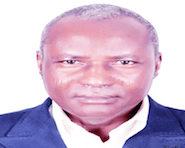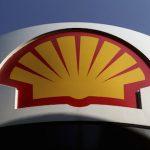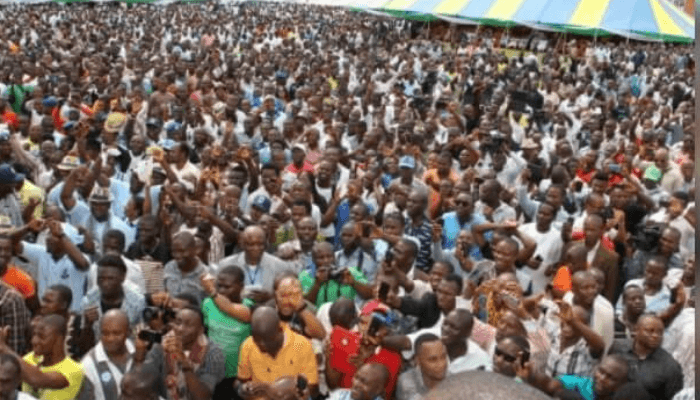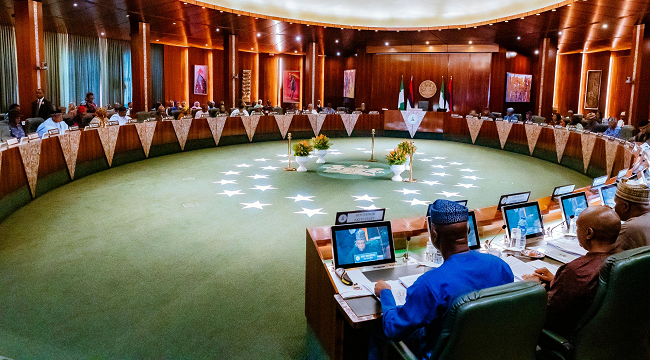An election year provides a great opportunity to critically examine key policies of successive political administrations that have remained unchanged for decades but which are seen by perceptive observers to have a part in why Nigeria is not working. One policy that meets this description is the uniform fuel pricing.
The policy means that the Federal Government accepts responsibility to make fuel available in all nooks and crannies of the country at a uniform price. It means that consumers of petrol in Badagry in Lagos State or Damaturu in Yobe State will buy fuel at a regulated uniform price.
Information about the origin of this policy is scanty but three oil industry executives have just published a book that provides useful insights. Titled ‘Nigerian Oil and Gas: A Mixed Blessing?’, the book is written by Michael Olorunfemi, Ade Olaiya and Akin Adetunji. The lead author, Olorunfemi, trained as a petroleum economist and retired as group executive director of National Petroleum Investment Management Services (NAPIMS) in 1995. Olaiya, also an economist, had a long career in Nigeria’s oil industry before retiring as executive director at NETCO (National Engineering and Technical Company). The third author, Adetunji, is the engineer on the team. He retired as group general manager at NAPIMS.
The authors trace Federal Government involvement in the downstream sector of the petroleum industry as well as products pricing to 1973, “in the era when money was no longer a problem to the country”. The Organization of Petroleum Exporting Countries (OPEC) had just unilaterally increased the price of oil in the international market and the government of General Yakubu Gowon “suddenly became awash with cash”. A benevolent General Gowon wanted to pass some of the largesse to the Nigerian people, so his government took five crucial decisions whose consequences still threaten the foundation of our very existence as a people.
READ ALSO: EndSARS protest: A cry for help
First, government acquired the old Port Harcourt refinery that was previously being profitably operated by Shell with participating interest by some state governments. Secondly, government decided to build depots and pipeline infrastructure for product transportation all over the country. Thirdly, the Gowon administration decided to make products available in the country at reasonable and affordable prices. Fourthly, “in order to achieve even development throughout the country, government embarked upon uniform prices through the length and breadth of the country”. Fifthly, government established the Petroleum Equalization Fund “to cushion the deficit area from funds generated from the surplus area”.
In their narrative, Olorunfemi and his colleagues suggest that General Gowon had good intentions for his foray into petroleum products pricing. The problem, they insist, was failure to align price charged for crude allocated for domestic consumption with the international price of crude following the Iranian crisis of 1979 which saw crude prices rising sharply. This, they imply, is the story of fuel subsidy in whose name we now have a ‘corruption industry’.
The foregoing summary of the origins of policymaking for the downstream sector of Nigeria’s petroleum industry explains many of the reasons the oil industry is considered a curse by many till this day.
The story points to why Nigerian National Petroleum Corporation (NNPC) established in 1977 is the honey pot of the rich and powerful. The military ensured that corporate governance concerns were taken to the back-burner. Political interference became the order of the day preventing the corporation from achieving its goal of becoming a profitable integrated oil company.
The narrative also reminds us of Lugardian phrases and mindset. Amalgamation of 1914 was embarked upon so that a deficit area of the country could be funded with the surplus from another area. Similarly, uniform pricing of petroleum products was designed to allow for even development. Politically-wise technocrats and civil servants carefully singled out petroleum products as beneficiary of the equalization fund. Their less articulate counterparts forgot to demand a cow (nama) equalization fund even though cows are cheaper in Gombe than in Sapele in Delta State.
The same thinking led to the establishment of inland rolling mills in places like Katsina. Our roads collapsed fast while the experiment lasted.
The economist cannot but wonder what has become of the advantages of location?
Weneso Orogun











